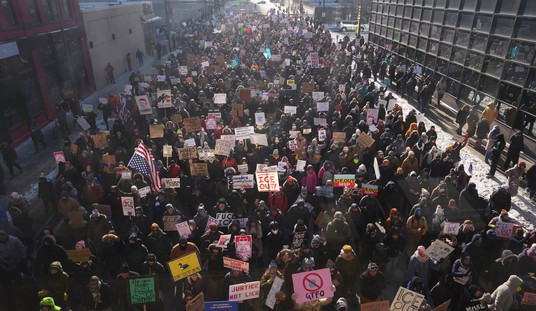In March 2009, the Columbia Journalism Review expressed outrage at media reports that Barack Obama had left 17 parking tickets totalling $400 accumulated while at Harvard Law School unpaid until he decided to run for President. It was a hit job according to the CJR article, by Edward Colby, because it focused upon what he argued was an insignificant incident in a young man’s life. Besides, Colby noted in an act of journalistic fact-checking, Obama had paid for only 15 tickets when he decided to run for president. The other two were paid in 1990. Colby wrote:
The Herald’s Howie Carr used the opportunity to take a number of cheap shots at Obama. “If you think the road’s tough, try finding a legal parking space in Harvard Square. Our next president certainly couldn’t do it. He can end the war in Iraq and ‘heal’ America, but a legal parking space on Mass. Ave. outside the law school — forget about it. Elsewhere, the Boston Globe ran a metro front story that set the record straight on the Cambridge parking details (Obama paid two of his tickets in 1990, leaving 15 to be paid this year and not all 17, as the Somerville News indicated), and the Obama story aired multiple times on Boston’s four major local news stations. After an early evening story Wednesday on WBZ-TV that relied on the News and Globe’s reporting, a veteran Boston anchor remarked, referring to how everything is pored over in presidential campaign coverage, “This scrutiny is just amazing.” …
This is a story that never should have made it beyond local Boston TV news, if that. It’s the kind of lazy, picayune nonsense that passes as a “character issue,” but really adds nothing to our understanding of a candidate.
But what may add to our understanding of the rules of power politics was another incident in, of all places, Cambridge Massachusetts. During the entire exchange between Officer Crowley and Professor Gates in the now famous housebreaking incident the key phrase that uttered between them had nothing to do with race, but with something that transcended it. The operative sentence was Gate’s warning to Crowley that “you don’t know who you’re messing with!”
It’s a phrase that is heard in many languages and is sometimes uttered in the most bizarre circumstances by the most insignificant looking people. It’s said by white, black, asian, latino and south pacific island people usually to someone who is questioning what they’re doing. I doubt there’s a language in the world that doesn’t have a phrase for it. If you’re looking for trouble, the classic response to that challenge is to pretend to scratch your head and answer quizzically “Let me see, Marlon Brando, Brad Pitt, no … I got it … ” Then look out below.
The interesting thing about using this phrase is that you have to know when to use it. One strategy is never to use it at all. The other is to judge your man before dropping it on him, because when it doesn’t work the failure is often spectacular. Barack Obama knew when to to stop being too busy to pay his 15 outstanding tickets; when to put the smile back on, but Gates didn’t know when to quit. In his own way Obama displayed ‘judgment’ when he settled his score with the Cambridge Police Department, even if that judgment was only a cynical appreciation of the way the system worked. That’s why Obama is President and Gates won’t ever be. I think Edward Colby was wrong about the unpaid tickets incident telling us nothing about Barack H. Obama. It speaks volumes about how well Barack Obama knows the way the game is played. But it may even say more about why power is so valuable a commodity. The point of power is to be able to reach such heights that one can truly say without even thinking about it that “you don’t know who you’re messing with.”










Join the conversation as a VIP Member